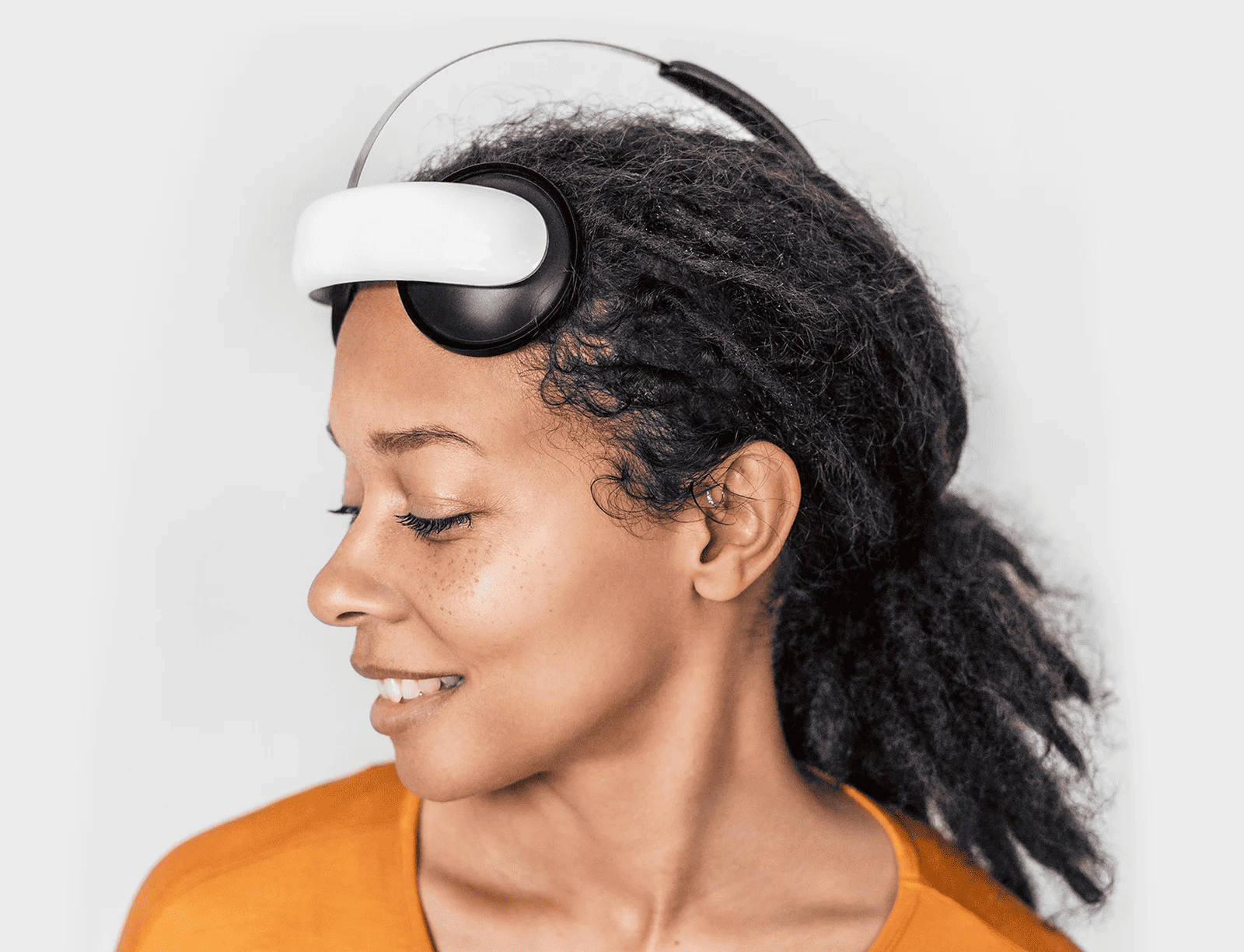
Walking has a significant influence on our well-being. In fact, taking 4,000 steps daily can significantly cut the risk of death, according to a recent comprehensive study, with each additional step reducing the risk even more. In the world of technology, there are more and more innovations that everyone can implement in their daily lives to stay healthy. From music to VR therapy: Today we look at different technological innovations that help maintain a healthier lifestyle.
- Taking 4,000 daily steps significantly reduces the risk of death, with technology aiding healthier lifestyles.
- Wearable devices like smartwatches can predict heart failure risk through ECG recordings, enhancing early detection.
- Innovations like music-based relaxation, VR therapy, and personalized health tracking promote well-being and proactive health management.
Wearables and heart health
As technology becomes more ingrained in our daily lives, it’s also making strides in the health and fitness world. A study conducted by researchers at University College London (UCL) has suggested that wearable devices like smartwatches could predict a higher risk of heart failure. The study examined data from 83,000 individuals who had undergone a 15-second electrocardiogram (ECG), a test that is similar to those done with smartwatches and phone gadgets. The research found a significant link between extra heartbeats in the ECG recordings and the development of heart failure or atrial fibrillation.

Music for relaxation
Music can help with relaxation and stress release. Dutch start-up AlphaBeats is taking a unique approach to stress management by using a person’s favorite music to relax their brain. They came up with a technology that combines music with neurofeedback. The system receives bio and neurofeedback through anelectroencephalogram (EEG) headband which monitors brain and heart activity. The headband is then connected to their app which slightly adjusts the music according to the readings to allow the brain to enter a state of relaxation.
As stress has been linked to various health issues, including heart disease and stroke, initiatives like this could play a significant role in promoting overall health and well-being. Regular use of this headband over a period of time can change the brain’s reactions to the world, helping individuals reduce stress levels and achieve a state of relaxation.

Virtual reality therapy
Would you rather unwind on the beach or go for a walk in the woods during your lunch break? With Virtual Reality (VR), it’s all possible from the comfort of your home or even from your office desk. To escape from the hustle and bustle in our daily lives, VRelax, a company based in Groningen, Netherlands, offers VR relaxation therapy. The therapy provides low-stimulus virtual environments, such as forests and beaches, that help distract individuals from stressors.
Even short sessions of 10 to 15 minutes have been shown to reduce stress levels by over forty percent. Initially developed to help patients with mental health issues, the therapy has since been adapted to support healthcare workers under pressure, including those in hospitals and public health institutions.

Personalized health habits
There is no denying that maintaining a proactive mindset enhances health, be it by eating enough veggies or exercising regularly. However, the best decisions are not always simple and easy to make. What illnesses are you prone to? And how can you modify your lifestyle? Groningen-based start-up Ancora Health uses clinical data and behavioral trackers to measure and improve an individual’s health.
By combining clinical data such as a person’s medical history data along with data from their wearables and nutritional apps, Ancora Health provides a more complete picture of a person’s health. They then create personalized advice to help people adjust their lifestyles and improve their physical and mental health. They create lifestyle plans, breaking down larger health goals into achievable micro habits such as eating healthy and getting enough sleep to reduce anxiety or loss of motivation.

Hospitals and healthcare facilities are already grappling with a scarcity of medical experts. These innovations aid in fostering a preventive approach to well-being, ensuring that we remain in good health and avoid the need for hospitalization when intervention might be less effective.







